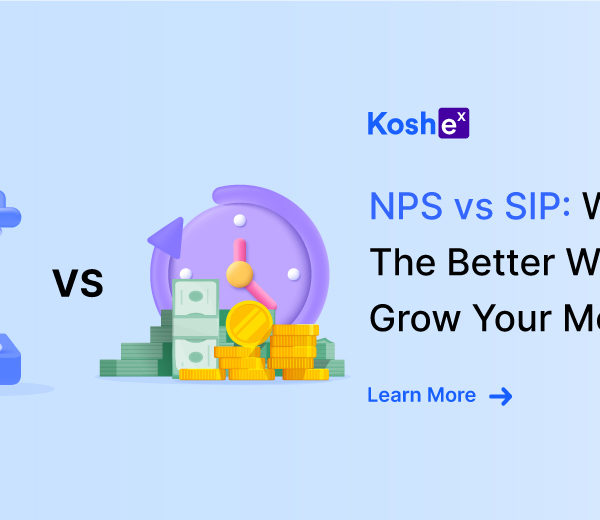Read on to learn solid tips and tricks and get a higher home loan sanctioned.
1. Improve Your CIBIL or Credit Score
Your credit score determines your creditworthiness. In simple terms, a high credit score tells the lender that you have always been serious about settling your debts.
There is no mandatory minimum score for a home loan, but a score of 750 or higher makes you a favorable prospect for the lender.
And to achieve this, simply make your credit card and other monthly installment payments (EMIs) on time. Keep your credit balances low, and apply for new credit in moderation.
If you have any co-signed or joint accounts, monitor them monthly. Also, try to maintain a healthy mix of secured (such as vehicle loans) and unsecured loans (such as personal loans).
A good CIBIL score will help you not just get higher eligibility, but will also lead to lower interest rates.
2. Hum saath saath hain
Simply add an earning family member, with a good credit score, as a co-applicant. Your best bet could be your spouse or your parents.
It will not only dramatically increase the sanctioned amount but will also offer tax savings for all the co-applicants.
A shared repayment responsibility could ease the burden on every applicant considerably.
3. Go for a longer loan tenure
When you opt for a longer tenure, the lender knows that you will have a considerably longer time to repay the loan. Hence it increases the chances of on-time loan repayment and reduces the risk to the lender.
Thus, opting for a longer tenure can help you get a higher home loan amount sanctioned.
But be mindful of the fact that it would increase the amount of your total interest payable.
4. Clean your plate
Do you have a personal loan? A vehicle loan? An education loan? Maybe a credit card debt? The lender will identify you as a prospect who is already burdened with so many EMIs and any additional loan may result in default.
So, try to pay off all your debts as much as possible, and make sure you do this even before you apply for a home loan. To put it simply, the lesser the debt, the higher the home loan eligibility.
5. Fixed Obligation to Income Ratio (FOIR)
Most lending models assume that you need 50% of your monthly income to take care of your day-to-day expenses. This is termed the Fixed Obligation to Income Ratio.
Try to contain your regular monthly expenses, like grocery bills, utility bills, transportation costs, school fees, rent, gym fees, entertainment and dining out expenses, etc. well within this limit, to be considered for higher eligibility.
6. Increase your income
Sounds obvious, right? But not the easiest!
You are paid by how hard you are to replace, not by how hard you work. Try pursuing some online courses which can enhance your skill set in your chosen profession.
Deliver more than what you are expected to do. Volunteer for additional responsibilities. Seek regular feedback. And finally, be assertive in asking for a raise during your appraisals.
7. Additional sources of income
Do you freelance? Maybe do regular gigs? Or a part-time job? Jot everything down and declare it as your additional source of income. It will boost your FOIR and will increase your chances of higher eligibility.
8. Got a bonus?
Always keep a record of any of your variable pay (annual bonuses, monthly incentives, etc.) alongside your fixed monthly income.
Lenders do consider your variable pay while calculating your home loan eligibility. Please make sure that these variable incomes get reflected in your income tax filings.
9. Make a higher down payment
It simply means you will be taking a lesser loan amount and hence will end up paying lesser interest on your loan value.
An ability to make a higher down payment also shows your financial prudence and makes you an attractive candidate for higher home loan eligibility.
10. Avoid the temptation of a job switch
A job change is sometimes required to increase your monthly income. However, frequent job hopping may impact your home loan eligibility. Stick to your current organization for at least 2 years to increase your home loan eligibility.
11. Banks vs Housing Finance Companies
If you are a self-employed professional and do not get a fixed monthly cheque, you need to maintain your proofs of income like ITRs of the last few years to show your financial standing.
Also, Housing finance Companies (HFCs) would be a better bet for you, as these are quite entrenched even in the smaller markets where large banks are not present.
If you are a salaried professional with a good credit score, you can approach a private or a public sector bank.
12. Start a relationship with your preferred lender
Open a bank account well before applying for a home loan with your preferred lender. If you maintain a healthy financial relationship with the lender during this period, for example maintaining an average monthly balance, you will be given the preference.
13. Step-up loans for people with less salary
If you find it difficult to repay high loan EMIs, you can opt for ‘step-up’ loans, in which banks offer loans at lower EMIs in the initial years, and gradually increase them as the borrower becomes more financially secure in the future. This will help you become eligible for higher loan eligibility even for a less monthly income.
14. Age is not just a number
Though age is not in your control, it does affect your home loan eligibility. Considering all other factors equal, the younger you are, the higher will be your eligibility for a home loan.
15. Be cool
Never be under pressure while hunting for a home loan. Decisions taken in a hurry or under pressure often go wrong. Take your time, do your homework and then move forward with confidence and surety.
Check your CIBIL credit report for any errors, compare the plethora of options available in the market, decide between fixed or floating rates and keep an eye on any additional or hidden charges.
To sum it up
Your journey for applying for a home loan should start well before you start to apply. The better the preparation, the more the chances for a higher home loan eligibility. Start saving aggressively for a higher down payment, spend wisely to lower your debt-to-income ratio, and improve your credit score to increase your creditworthiness.
If you follow these steps methodically, you will not be far from buying the sweet home of your dreams.
Sign up with Koshex to know anything and everything about home loans and how you can smartly increase your home loan eligibility.
FAQs
What is a good CIBIL or credit score?
A CIBIL score is a 3-digit numeric summary of your credit history, which ranges from 300 to 900. The closer your score is to 900, the higher the chances of your loan application getting approved.
A score near 300 is considered poor, and one near 900 is considered excellent. Generally speaking, a CIBIL score above 750 is considered good for higher home loan eligibility.
Who can be a co-applicant?
Any earning family member with a good credit score can be your co-applicant. Your spouse or your parents are your best bet.









Leave a Comment